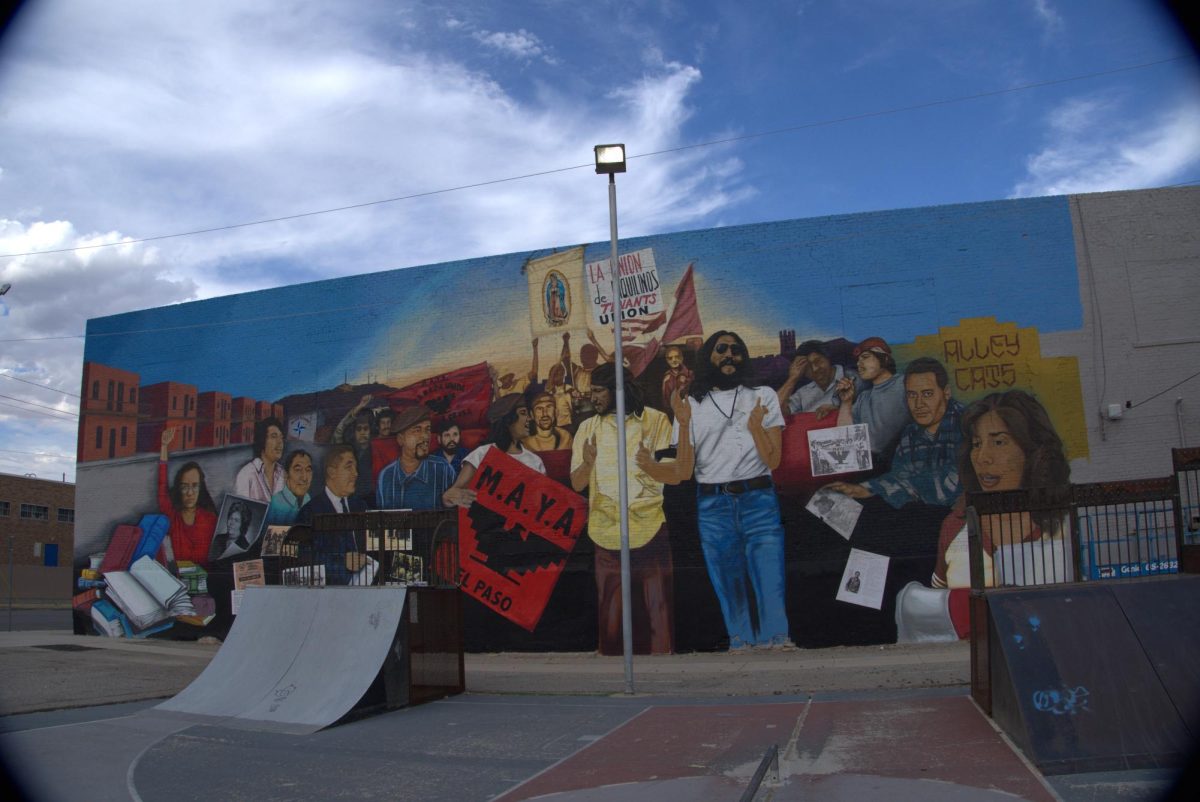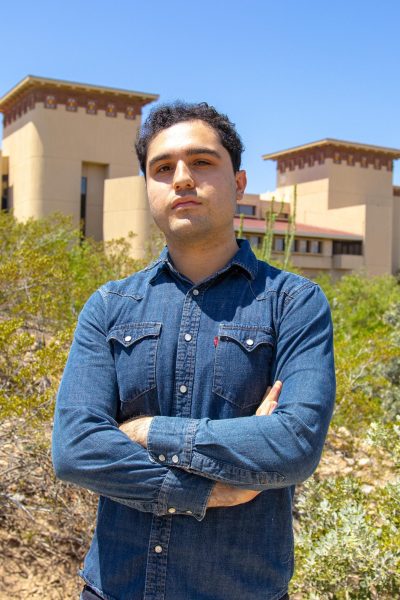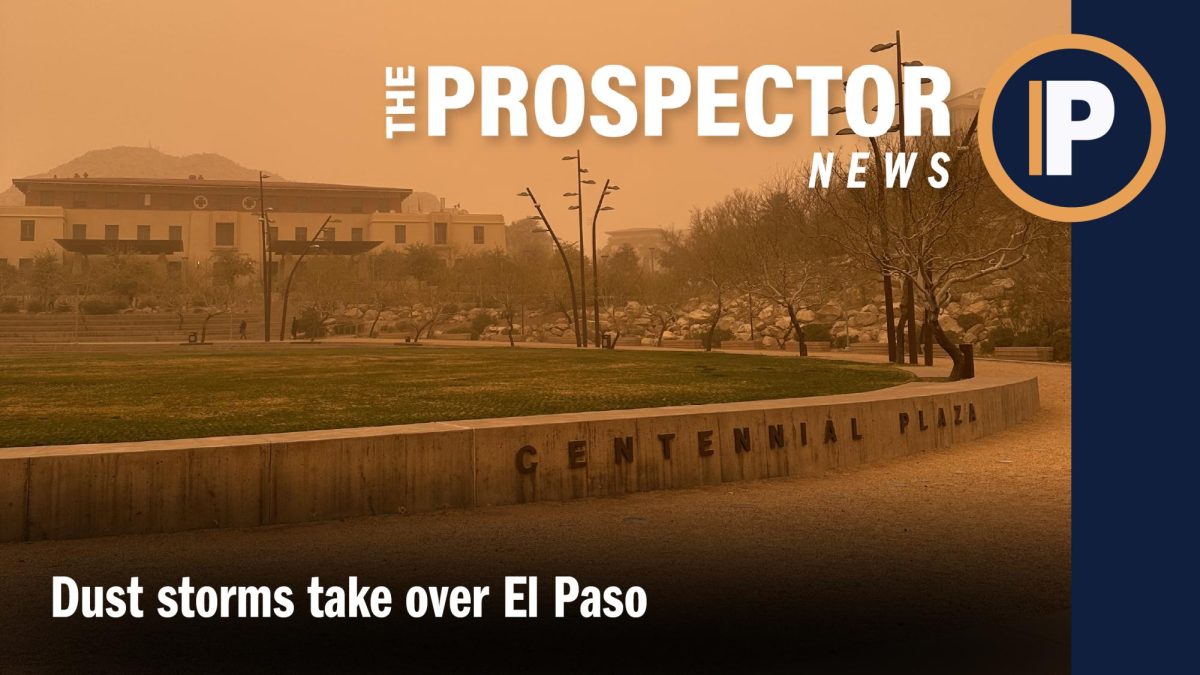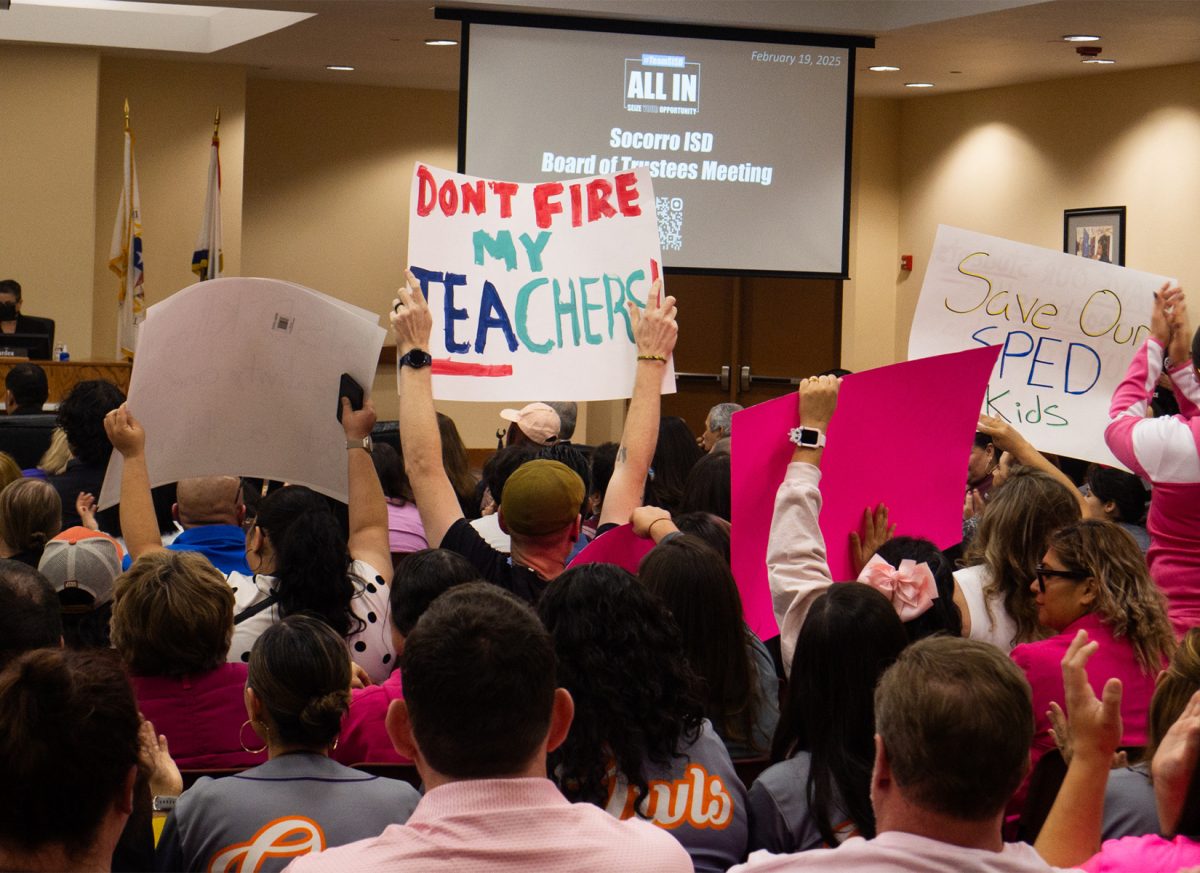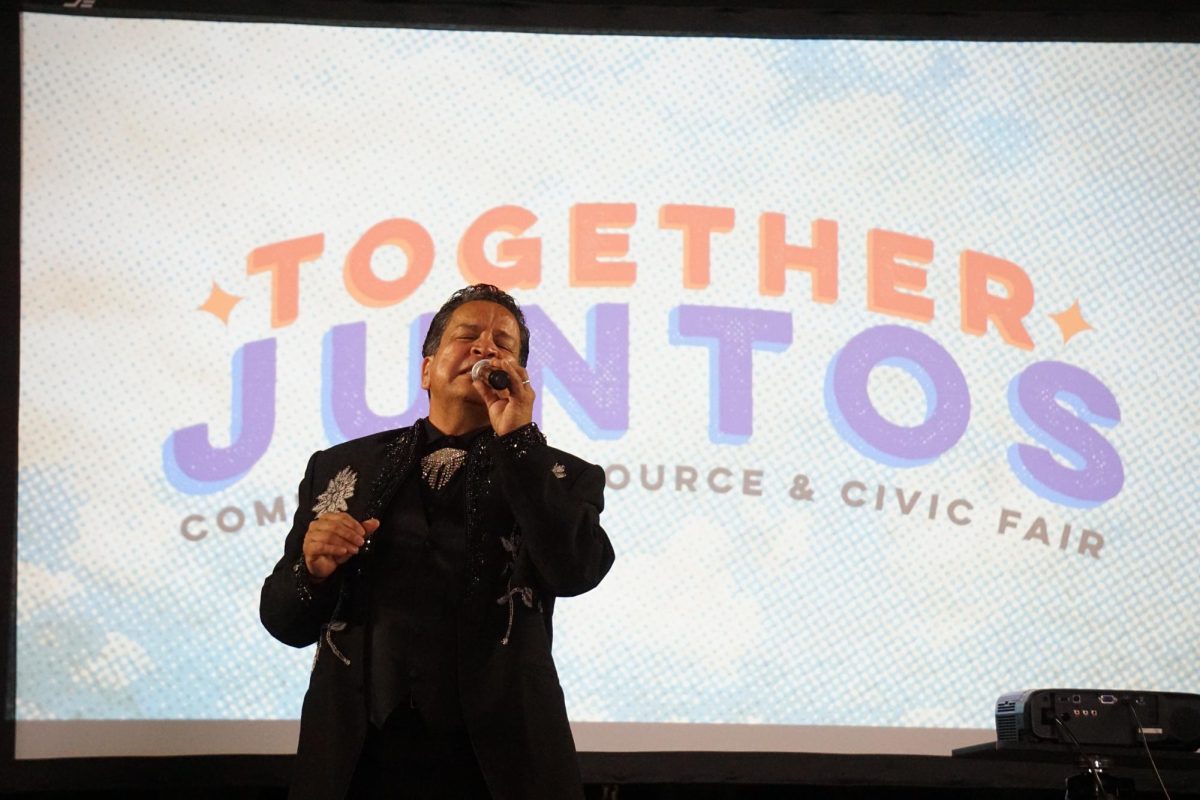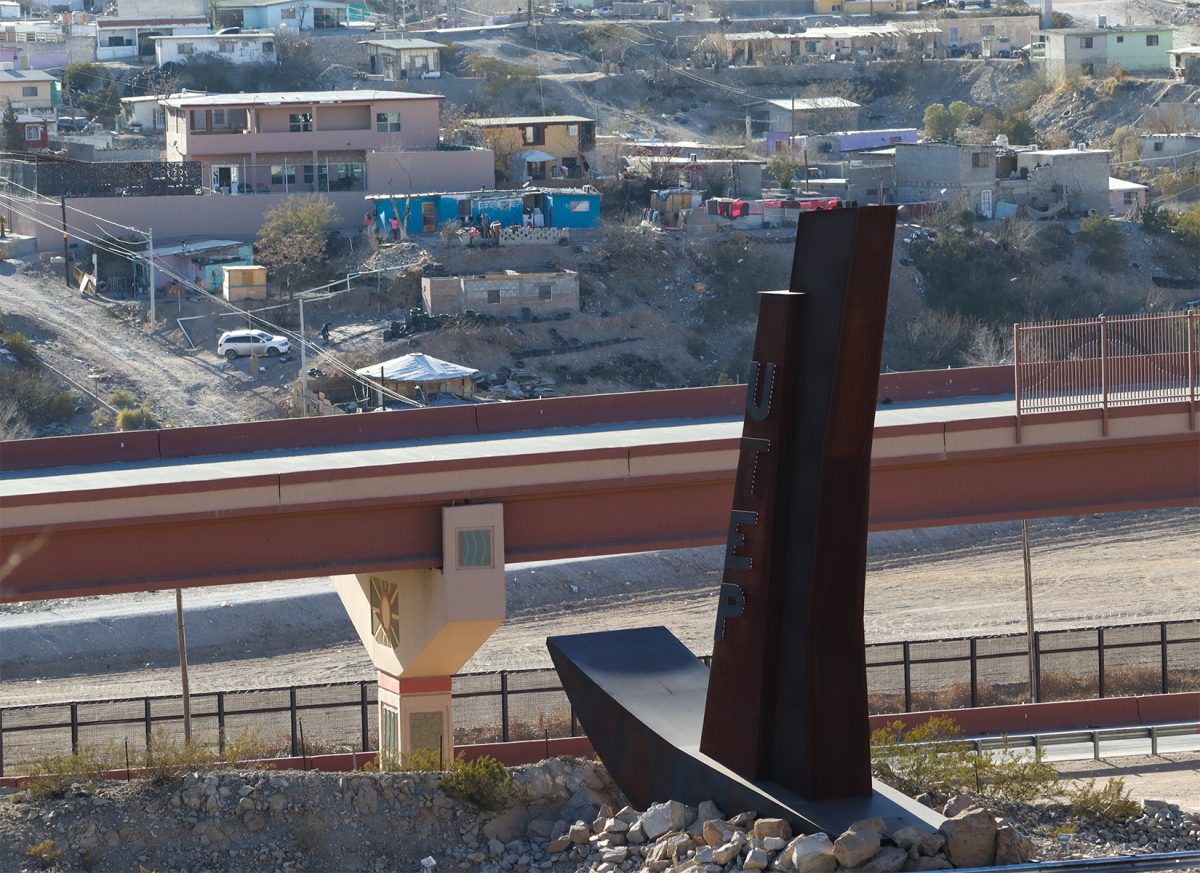El Paso, Texas has created a reputation for representing its people through small or large capacities.
Now, those in power are called to aid in developing one of the most poverty-stricken areas in the nation, zip code 79901, or as we know it, El Segundo Barrio.
Although it’s one of our city’s oldest neighborhoods, El Segundo Barrio is home to 8,747 citizens, 58% of which are living below the poverty line.
El Segundo Barrio has greeted immigrants from across the border. But the time is now for that greeting to be extended into a stay.
Today, citizens residing in the Barrio are only earning about $17,000 annually. A reason why it’s so hard for the area to earn a more livable salary is because of the lack of education received by its residents. Only 21% of the area has completed a full high school education, and out of those, only 13% held the opportunity to do some college, even then, less than 10% earned either two- or four-year degrees.
“Alot of those areas have been underdeveloped historically, so this isn’t a recent turn of events,” said Richard Pineda Ph.D., director of the Sam Donaldson Center for Communication Studies.
It’s easy to pose the question of whether the neighborhood simply doesn’t value education as highly as other areas in El Paso.
Frankly, their circumstances largely relate to where in town they’re located.
“You also have to remember that the 79901 incorporates a lot of office buildings, it is some part of downtown,” said Dr. Pineda. “Not a lot of that infrastructure for education was there before. I think once you start building that core out it’s much harder to go back in afterwards.”
Whilst El Paso has built a special culture surrounding high schools, districts in the city are still struggling with budgets. For El Segundo Barrio, the largest impact regarding their education is the closure of schools by the El Paso Independent School District (EPISD).
“It’s a problem that EPISD largely, because they control the centerpieces, what they’re trying to do is they’re balancing the overall population for those areas, and they’re balancing their cost,” said Pineda.
After declines, EPISD recently approved a $18.5 million dollar budget deficit, along with the plan to close or consolidate schools.
“The problem with that is, when you start to move people further away to go to a different middle school and especially to a high school, then it’s hard to keep that development moving,” said Pineda.
The issues within 79901 is a problem that the city is aware of and is avidly trying to spread advocacy.
“I think what the city has actually done a great job of the last several years is really empowering the community organizations and neighborhood associations,” said Pineda. “They do some training, they help organize, so that those associations have power.”
The area is still significantly struggling, and it takes city wide advocacy to make a change.
If there’s something that El Pasoans aren’t strangers to, it’d be giving people a taste of their mind.
Sebastian Perez-Navarro is a staff reporter for the Prospector and can be reached at [email protected]




